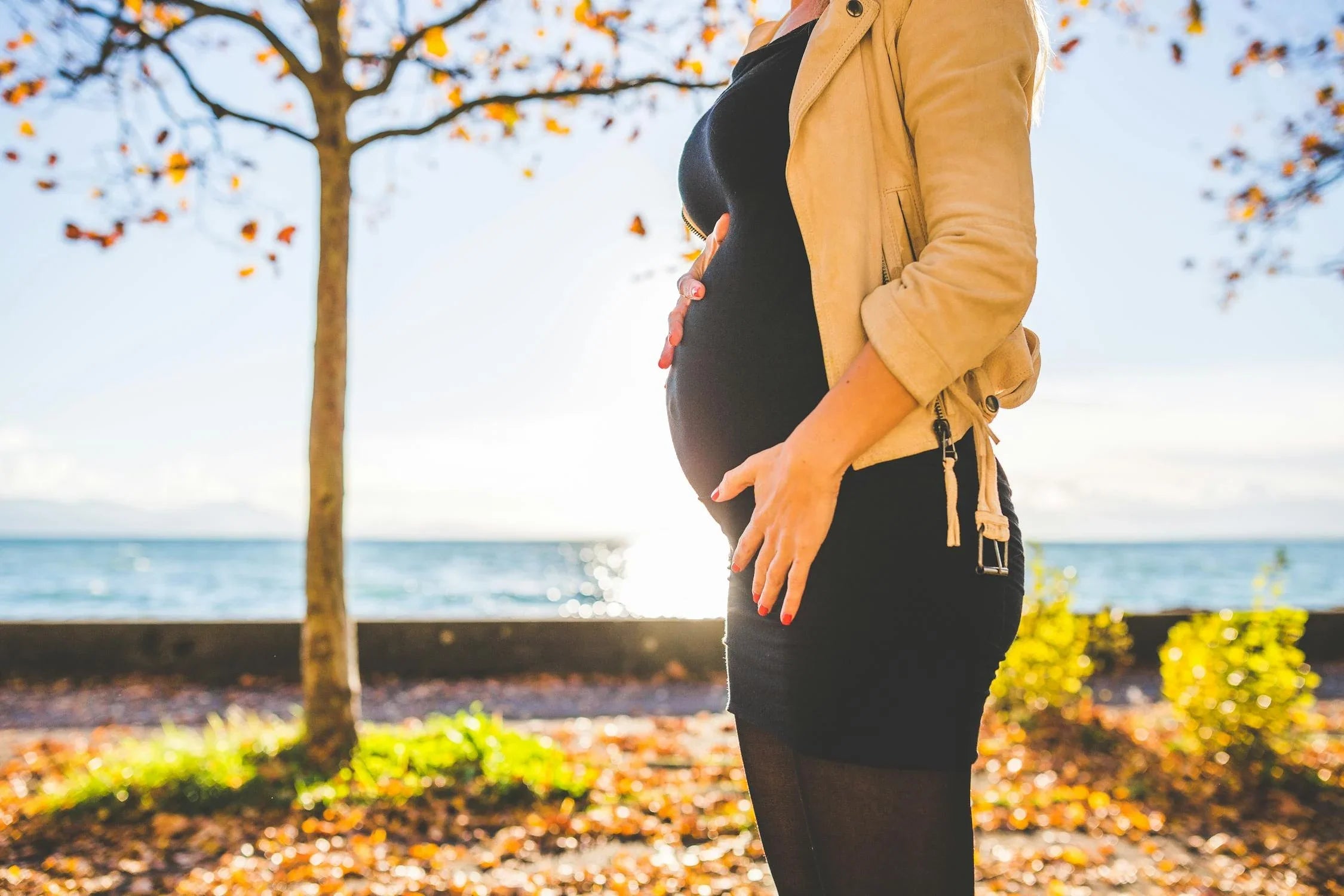Home
Pregnancy, Breastfeeding, and Pumping: The Ultimate Guide for Moms
Can I Take a Pregnancy Test 6 Days After Intercourse? What You Need to Know

Can I Take a Pregnancy Test 6 Days After Intercourse? What You Need to Know
When it comes to pregnancy testing, timing is everything. Many women wonder, Can I take a pregnancy test 6 days after intercourse? The answer isn’t straightforward, as it depends on several factors, including ovulation, fertilization, and the sensitivity of the test. This article dives into the science behind pregnancy testing, explores the ideal timing, and provides tips for accurate results.
Understanding the Basics of Pregnancy Testing
Pregnancy tests detect the presence of human chorionic gonadotropin (hCG), a hormone produced by the placenta after a fertilized egg implants in the uterus. For most women, hCG levels become detectable in urine about 10 to 14 days after conception. However, conception doesn’t necessarily occur on the day of intercourse. Sperm can survive in the female reproductive tract for up to 5 days, waiting for an egg to be released during ovulation.
When Does Conception Actually Happen?
Conception occurs when a sperm fertilizes an egg, typically within 24 hours of ovulation. If intercourse happens a few days before ovulation, conception may not occur until later. This means that even if you take a pregnancy test 6 days after intercourse, it might still be too early to detect hCG if conception hasn’t happened yet.
How Early Can You Test for Pregnancy?
Most standard pregnancy tests claim to provide accurate results as early as the first day of a missed period. However, some highly sensitive tests can detect hCG levels as low as 10 mIU/mL, potentially allowing for earlier detection. Even so, testing 6 days after intercourse is likely too soon, as implantation usually occurs 6 to 12 days after ovulation, and hCG levels take time to rise.
Factors That Affect Test Accuracy
Several factors can influence the accuracy of a pregnancy test taken shortly after intercourse:
- Ovulation Timing: If ovulation hasn’t occurred yet, conception cannot happen, making a test ineffective.
- Implantation Time: Implantation can take up to 12 days after ovulation, delaying hCG production.
- Test Sensitivity: Less sensitive tests may not detect low hCG levels early on.
- Urine Concentration: Diluted urine can lower hCG levels, affecting test results.
What Are the Chances of Getting Accurate Results?
Taking a pregnancy test 6 days after intercourse is unlikely to yield accurate results. While it’s possible to get a positive result if conception and implantation occurred quickly, the chances are slim. Most healthcare professionals recommend waiting until at least 10 to 14 days after ovulation or until after a missed period for reliable results.
Tips for Accurate Pregnancy Testing
To ensure the most accurate results, follow these tips:
- Wait for the Right Time: Patience is key. Wait until at least 10 days after ovulation or after a missed period.
- Use a Sensitive Test: Opt for a test with a lower hCG detection threshold if testing early.
- Test with First-Morning Urine: hCG levels are most concentrated in the morning, increasing the likelihood of detection.
- Follow Instructions Carefully: Improper use of the test can lead to inaccurate results.
What If You Get a Negative Result?
A negative result 6 days after intercourse doesn’t necessarily mean you’re not pregnant. It could simply be too early to detect hCG. If you suspect pregnancy but receive a negative result, wait a few more days and test again. If you still get a negative result but miss your period, consult a healthcare provider for further evaluation.
When to See a Doctor
If you’re experiencing symptoms of pregnancy, such as nausea, fatigue, or breast tenderness, but your test results are negative, it’s a good idea to see a doctor. They can perform a blood test, which is more sensitive than urine tests and can detect lower levels of hCG. Additionally, a healthcare provider can rule out other potential causes of missed periods or unusual symptoms.
Emotional Considerations
Waiting to take a pregnancy test can be an emotional rollercoaster. Whether you’re hoping for a positive or negative result, the uncertainty can be stressful. Lean on supportive friends or family members, and consider speaking with a counselor if the anxiety becomes overwhelming. Remember, it’s okay to take things one step at a time.
Myths About Early Pregnancy Testing
There are many misconceptions about early pregnancy testing. Some believe that certain symptoms, like cramping or spotting, guarantee pregnancy, but these can also be signs of other conditions. Others think that taking multiple tests increases accuracy, but this isn’t always the case. Understanding the facts can help you make informed decisions and avoid unnecessary stress.
Alternatives to Home Pregnancy Tests
If you’re eager to know whether you’re pregnant but don’t want to rely solely on home tests, consider visiting a healthcare provider. Blood tests and ultrasounds can provide more definitive answers, especially in the early stages of pregnancy. These methods are particularly useful if you have irregular cycles or difficulty determining ovulation dates.
Final Thoughts on Early Testing
While it’s tempting to take a pregnancy test 6 days after intercourse, the likelihood of getting an accurate result is low. Understanding the science behind conception, implantation, and hCG production can help you determine the best time to test. Patience and proper testing techniques are your best allies in this journey. If in doubt, consult a healthcare professional for guidance and support.
Curious about your pregnancy status? Waiting a few more days can make all the difference. For the most reliable results, timing and technique are key. Stay informed, stay patient, and remember that you’re not alone in this process.
Share

